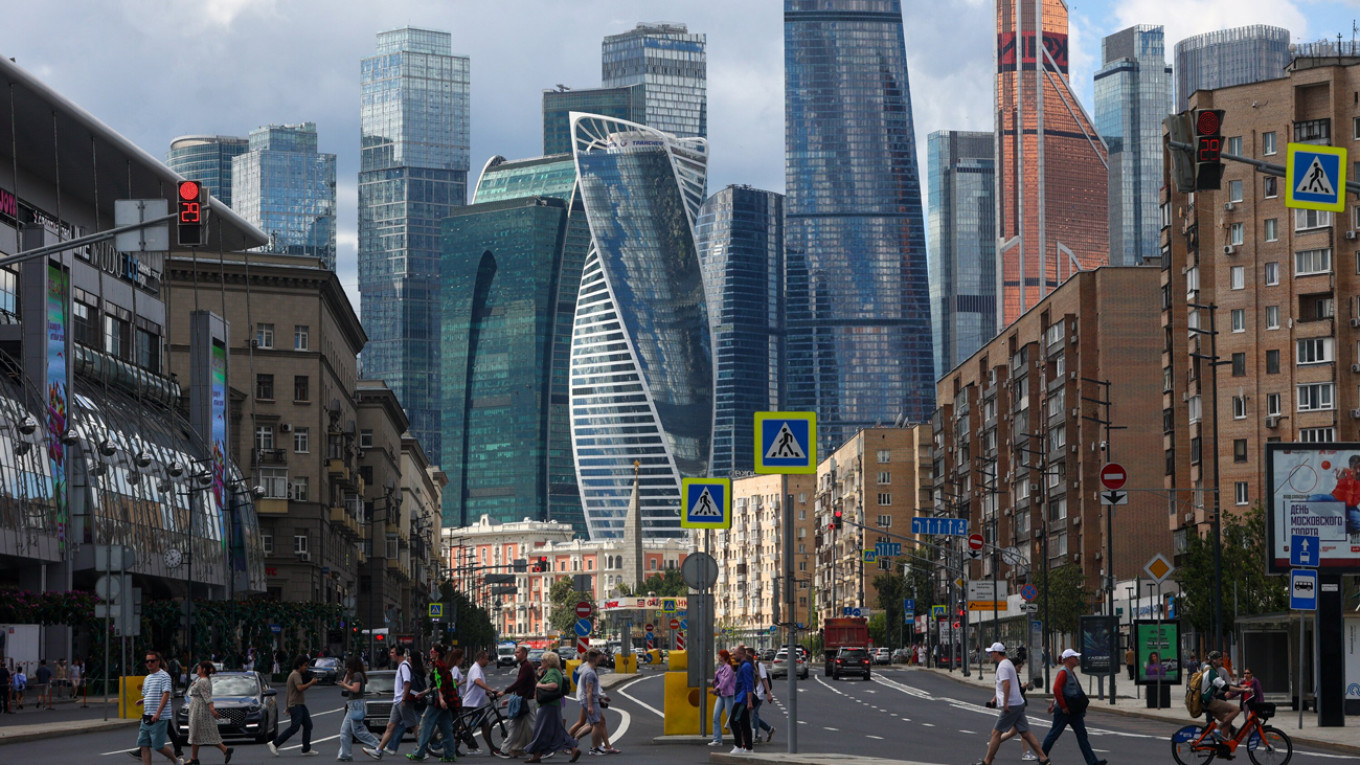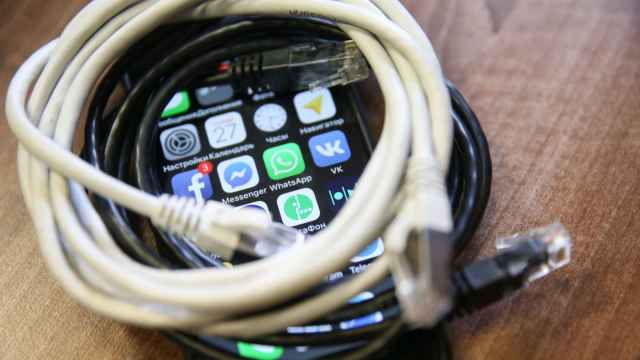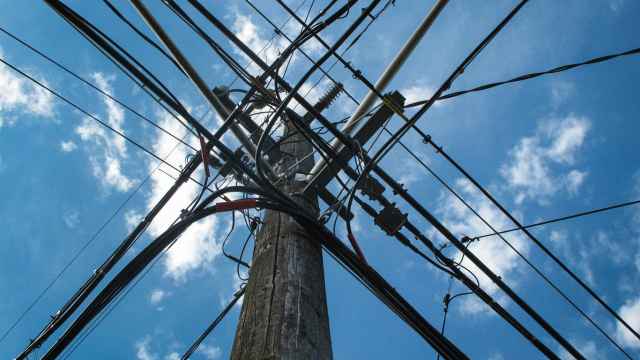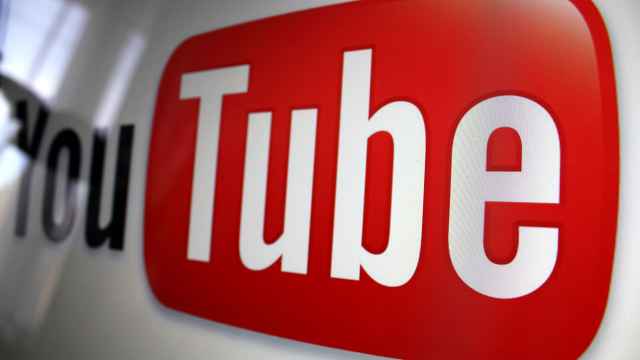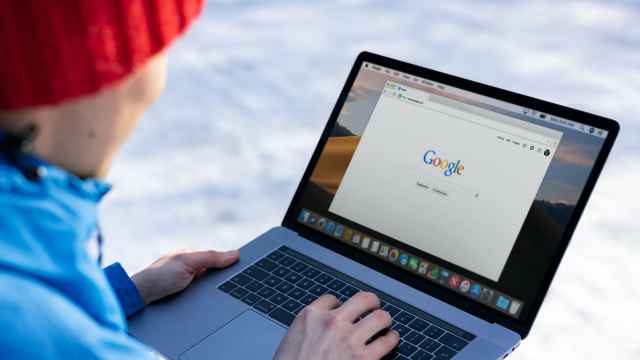Russia’s media regulator has warned internet providers to stop efforts that speed up YouTube loading speeds, an apparent acknowledgment of government attempts to throttle the popular video streaming platform, the independent news outlet Sotavision reported late Wednesday.
Roskomnadzor’s control and regulatory arm, the main radio frequency center GRChTs, sent out the warning message following reports that dozens of internet providers were implementing workarounds to boost YouTube loading speeds, including rerouting user traffic from Google’s Russian servers to those in Europe.
Industry insiders told the Kommersant business daily they did not believe the workarounds violated any rules since the Russian government did not issue official restrictions on YouTube.
However, a GRChTs letter cited by Sotavision told providers to “exclude the use of technologies that distort, fragment and substitute internet traffic” in relation to websites that are “subject to restriction under Russian law,” apparently referring to YouTube.
Internet providers are asked to comply with the orders to “ensure the possibility of immediately restricting access to the mentioned information or information resources on the internet,” though the letter did not specify what “resources” it meant.
The Moscow Times could not independently verify the authenticity of the GRChTs letter, which instructs providers to report back on the efforts by Monday next week. Sotavision said it verified the letter with Russia’s landline and ethernet company TransTeleCom.
Online users in Russia began experiencing sharp declines in YouTube loading speeds in early August after Russia’s state-owned telecom giant warned that “technical issues” caused by Google’s removal of equipment from the country would lead to slowdowns.
At the same time, Roskomnadzor called on Google CEO Sundar Pichai to restore over 200 YouTube channels belonging to pro-government Russian media, the authorities and other public figures.
Since the full-scale invasion of Ukraine in early 2022, the Russian authorities have accused YouTube and Google of spreading “terrorist” anti-war content, fueling speculation that the video-streaming website might be blocked entirely.
A Message from The Moscow Times:
Dear readers,
We are facing unprecedented challenges. Russia's Prosecutor General's Office has designated The Moscow Times as an "undesirable" organization, criminalizing our work and putting our staff at risk of prosecution. This follows our earlier unjust labeling as a "foreign agent."
These actions are direct attempts to silence independent journalism in Russia. The authorities claim our work "discredits the decisions of the Russian leadership." We see things differently: we strive to provide accurate, unbiased reporting on Russia.
We, the journalists of The Moscow Times, refuse to be silenced. But to continue our work, we need your help.
Your support, no matter how small, makes a world of difference. If you can, please support us monthly starting from just $2. It's quick to set up, and every contribution makes a significant impact.
By supporting The Moscow Times, you're defending open, independent journalism in the face of repression. Thank you for standing with us.
Remind me later.


